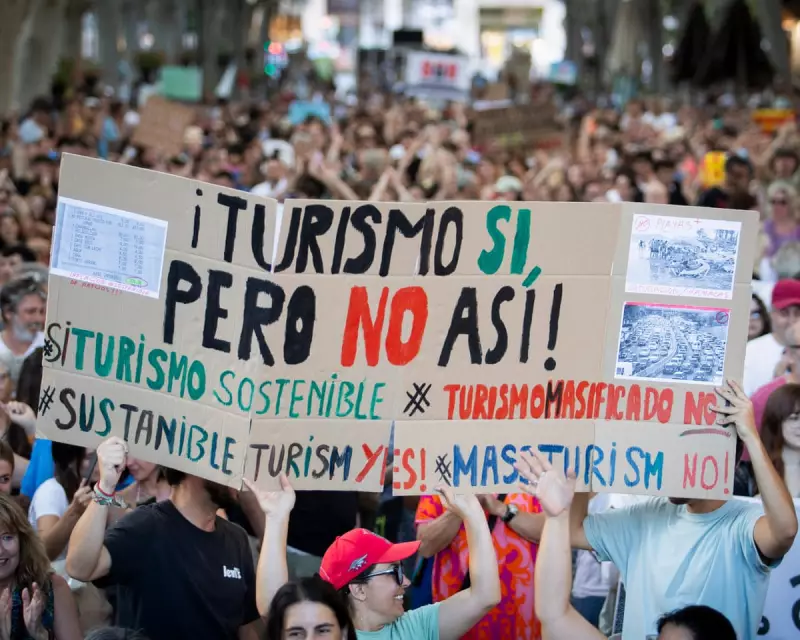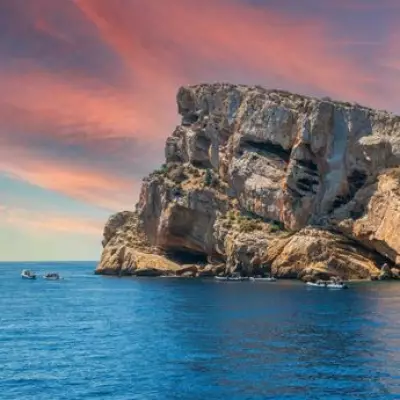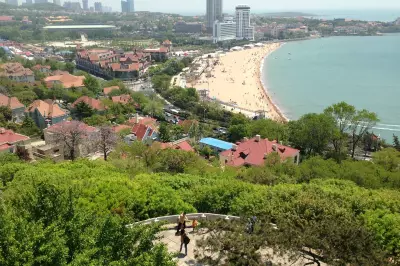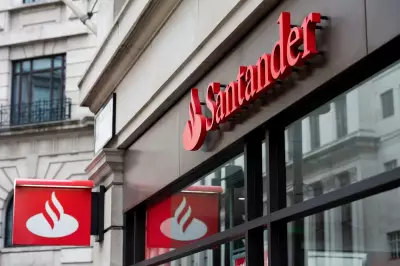
The iconic image of the Balearic Islands – a blur of sun, cheap alcohol, and hedonistic nightlife – is being deliberately dismantled. Local authorities are waging a deliberate and radical war on the very model of mass tourism that made islands like Mallorca and Ibiza famous with British holidaymakers.
From Party Paradise to Policy Overhaul
Gone are the days of laissez-faire. The regional government has unleashed a multi-pronged legislative assault designed to purge the islands of their 'sun, sex, and sangria' reputation. The measures are some of the most aggressive in Europe, including a stark ban on new tourist beds, a dramatic reduction in licensed hotel places, and a crackdown on the notorious party boats that plague the coastlines.
The Human Cost of Cheap Holidays
This isn't merely an administrative decision; it's a rebellion born from necessity. Residents are overwhelmed. The article highlights a staggering statistic: a population of 1.2 million is inundated by over 17 million visitors annually. The consequences are stark:
- Skyrocketing living costs: Rents have been pushed to unaffordable levels for locals, driven up by lucrative short-term lets.
- Infrastructure under strain: Basic services from waste management to water supplies are stretched to breaking point.
- Environmental degradation: The natural beauty that attracts visitors is being loved to death, with ecosystems suffering from the constant influx.
Shutting Down the Party Capital
The transformation of Magaluf, once the undisputed epicentre of binge drinking and antisocial behaviour, is a prime example. Authorities have effectively rewired the town's economy. Through strict regulations, including bans on happy hours, pub crawls, and the sale of alcohol in shops between 9:30 pm and 8:00 am, they have forcibly calmed its infamous streets. The message is clear: the era of the £10 all-you-can-drink package is over.
A Painful But Necessary Pivot
This strategic shift is not without its risks. The tourism sector is the bedrock of the local economy. However, the consensus among policymakers is that the current model is fundamentally unsustainable. The new goal is to attract fewer, but higher-spending, visitors who value culture, nature, and quality amenities over cheap thrills. It's a bold gamble to trade quantity for quality and secure the islands' future.
The Balearics' struggle serves as a potent case study for holiday destinations across Europe grappling with the same dilemma. It’s a definitive move away from the quick profit and towards long-term preservation, signalling that the world's party hotspots are finally calling 'last orders'.





